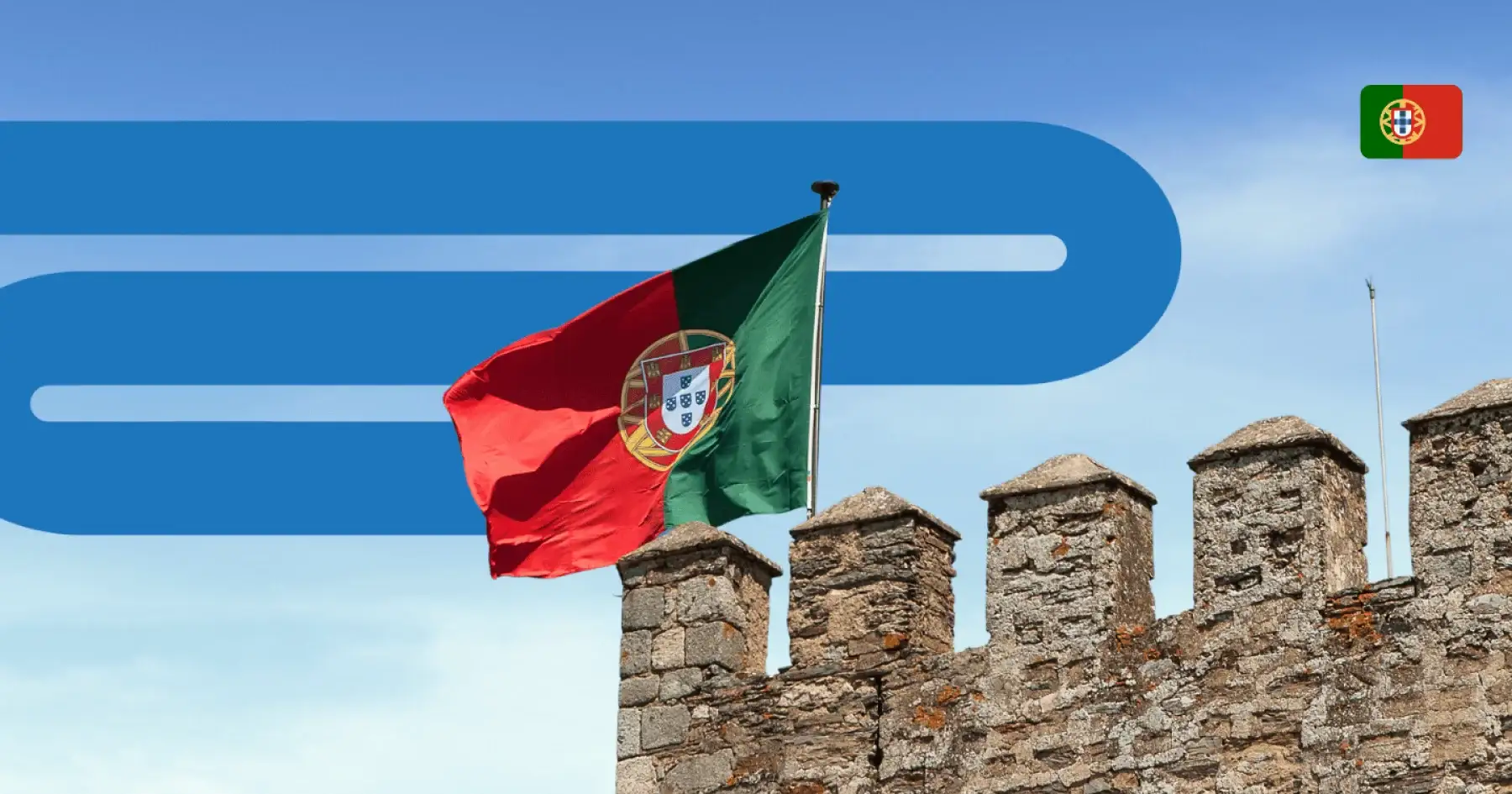- The Golden Visa is an investment-based residency route requiring a qualifying investment, not employer sponsorship, and leads to residence independent of employment. It simplifies onboarding if a candidate already holds it but is not practical for companies to sponsor directly.
- Standard Portuguese work permits are employer-sponsored and structured for international recruitment. They include categories like Highly Qualified Activity Visa, EU Blue Card, and Standard Work Visa, aligning with skill level and job offers.
- Work permits require employers to provide compliant job offers, documentation, and support visa processing, ensuring residence rights linked to continued employment, scalability, and regulatory alignment.
- Employers aiming for streamlined talent relocation for multiple hires typically find work permits the standard and scalable solution, while Golden Visa suits investors or employees who self-fund residency through investment.
As employers increasingly look to bring talent into Portugal, a key question arises: should your company leverage the Golden Visa route or apply for standard Portuguese work permits? Both options can lead to legal residence, but they serve very different purposes — and understanding these differences helps ensure faster onboarding and full compliance.
Understanding Portugal’s Talent Immigration Landscape
Portugal has become a magnet for global professionals thanks to its thriving tech scene, safe environment, and competitive cost of living. For employers hiring internationally, immigration falls broadly into two categories:
- Investment-based residence programs (like the Golden Visa).
- Employment-based work permits backed by a company sponsor.
Both can lead to residence rights, but only one is directly structured for employer-led talent relocation.
The Portugal Golden Visa: Key Facts for Employers
The Golden Visa allows non-EU nationals to obtain residence by investing in Portugal. Although it is typically used by individuals, employers sometimes encounter candidates already holding one.
Eligibility and process highlights:
- Requires a qualifying investment (e.g., venture fund investment, job creation, or cultural contribution).
- No employer sponsorship or job offer required.
- Leads to 5-year residency and eventual permanent residence or citizenship.
- Holders can work, but their residence is not tied to employment.
Employer implications:
If a candidate already holds a Golden Visa, onboarding is simpler — you can hire them without needing to sponsor a separate work permit. However, this route is not practical for companies to facilitate directly, as it depends on the employee’s investment capacity rather than employment status.
Portugal Work Permits: The Route for Employer-Sponsored Talent
For international recruitment, work permits remain the standard route. Portugal offers several categories aligned with skill level and duration:
- Highly Qualified Activity Visa: For roles requiring specialized qualifications, often used by tech or professional services employers.
- EU Blue Card: For non-EU professionals with a university degree and a job offer meeting salary criteria (around 1.5x the national average).
- Standard Work Visa: For positions not covered by the above categories.
Employer’s role:
- Secure a job offer and contract compliant with Portuguese labor standards.
- Provide necessary documentation to support the visa process.
- On approval, the employee receives residence rights linked to continued employment.
Benefits for employers:
- Full alignment with immigration regulations.
- Scalable for multiple hires.
- Supported by platforms like Jobbatical, which manage end-to-end talent relocation documentation and compliance.
Golden Visa vs Work Permit: Quick Comparison
Which Route Should Employers Choose?
For most companies, the answer is clear: the work permit route aligns best with structured talent mobility. The Golden Visa remains attractive for business owners or investors but is rarely relevant for standard employment relocation.
If your company regularly hires non-EU talent, establishing a compliant relocation process ensures faster visa approvals, improved employee experience, and reduced risk. Using an immigration technology platform like Jobbatical helps streamline these processes automating paperwork, managing documentation, and ensuring smooth onboarding in Portugal.
Conclusion
Portugal’s immigration system offers multiple pathways to residence, but only one is truly employer-driven. The work permit route empowers HR teams and mobility managers to manage international hiring efficiently, while the Golden Visa remains a personal investment program.
Employers ready to relocate top talent to Portugal can partner with Jobbatical to handle the full process — from visa eligibility checks to residence permit registration — all in one digital workflow.
Disclaimer:
Immigration laws and policies change frequently and may vary by country or nationality. While we strive to provide accurate and up-to-date information, we recommend doing your own due diligence or consulting official sources. You're also welcome to contact us directly for the latest guidance. Jobbatical is not responsible for decisions made based on the information provided.


.svg)






.svg)
